Adjunct and Joint

Dec. 15, 2017
Kristen S. Veum
Veum is a Research Soil Scientist with the U.S. Department of Agriculture – Agricultural Research Service. Her soil health research focuses on the effects of agricultural management systems on soil function and provisioning of ecosystem services (e.g., water quality, carbon sequestration, crop productivity, nutrient cycling, and environmental protection). Current research focuses on assessment and development of biological, physical, and chemical indicators of soil health to quantify the environmental and agronomic benefits associated with conservation practices, and Veum has documented the soil health benefits of perennial vegetation, reduced soil disturbance, and increased rotation diversity at the plot and field scale. Veum…

Dec. 15, 2017
Frank Thompson
Thompson is the project leader for the U. S. Forest Service North Central Forest Experiment Station research work unit located at Columbia, Mo., as well as a cooperative faculty member in the School of Natural Resources. He conducts research on population ecology and habitat selection of birds in forest ecosystems and addresses these problems at local, landscape and regional scales for species ranging from neotropical migratory songbirds to resident gamebirds. Thompson’s research currently focuses on forest songbirds and the effects of silvicultural practices, effects of forest fragmentation, edge effects and ecological traps, cowbird and predator abundance and behavior, source-sink population…
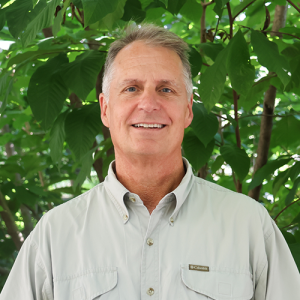
Nov. 3, 2017
John M. Kabrick
Kabrick’s research interests include investigating the ecological processes governing the regeneration and development of oak-dominated forests and woodlands and using this information to develop practical, scientific, and ecologically-based silvicultural prescriptions. Of particular interest are the interactions between the physical environment (e.g., geological parent material, landform position/aspect, soils, and hydrology) and forest vegetation dynamics; the relationship between site factors and oak decline and mortality; restoration of shortleaf pine and oak mixes; responses of upland forest systems to even-age, uneven-age, and no- harvest management; and natural and artificial regeneration of bottomland forests. Educational background Ph.D., 1995, University of Wisconsin-Madison…
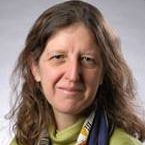
Oct. 27, 2017
Claire Baffaut
Educational background Ph.D., Purdue University…

Oct. 27, 2017
Sougata Bardhan
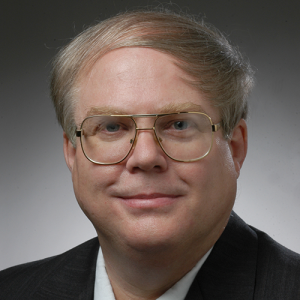
Oct. 27, 2017
Stephen H. Anderson
Educational background Ph.D., North Carolina State University, 1985 Courses taught Environmental Science/Civil Engineering 3250: Pollutant Fate and Transport Environmental Science/Soil Science 4305/7305: Environmental Soil Physics Environmental Science/Soil Science 4306/7306: Environmental Soil Physics Laboratory Environmental Science/Natural Resources 4320/7320: Hydrologic and Water Quality Modeling Biological Engineering 4350/7350/Civil Engineering 4720/7720: Watershed Modeling Using GIS Biological Engineering 8250: Water Management Theory Environmental Science/Soil Science 8400: Transport in the Vadose Zone Plant Science 4355/7355: Advanced Turfgrass Management…
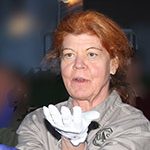
Oct. 27, 2017
Sybill K. Amelon
Amelon’s studies focus on ecology of bat species related to population demography, behavioral ecology, resource selection, habitat use, diet/nutritional analysis and energy dynamics. A range of techniques are used including temperature sensitive radio-telemetry to monitoring of bats outfitted with passive transponders (PIT tags) and population genetics to help understand social behavior, winter / summer movements, roosting habitat selection and different overwintering strategies. Her disease research focuses on understanding and mitigating physiological impacts caused by WNS in bats. Mortality rates in affected hibernacula generally exceed 75% and have been documented as high as 99-100%. Focus is on mitigation tools to increase…
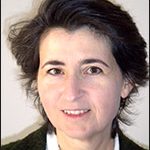
July 20, 2017
Marlena Jones
Educational background M.S., University of Hawaii B.S., Texas A&M University Courses taught FS 1030 Food Science and Nutrition (online) FS 3210 Kitchen Chemistry (online)…
- « Previous
- 1
- …
- 3
- 4
- 5
- 6